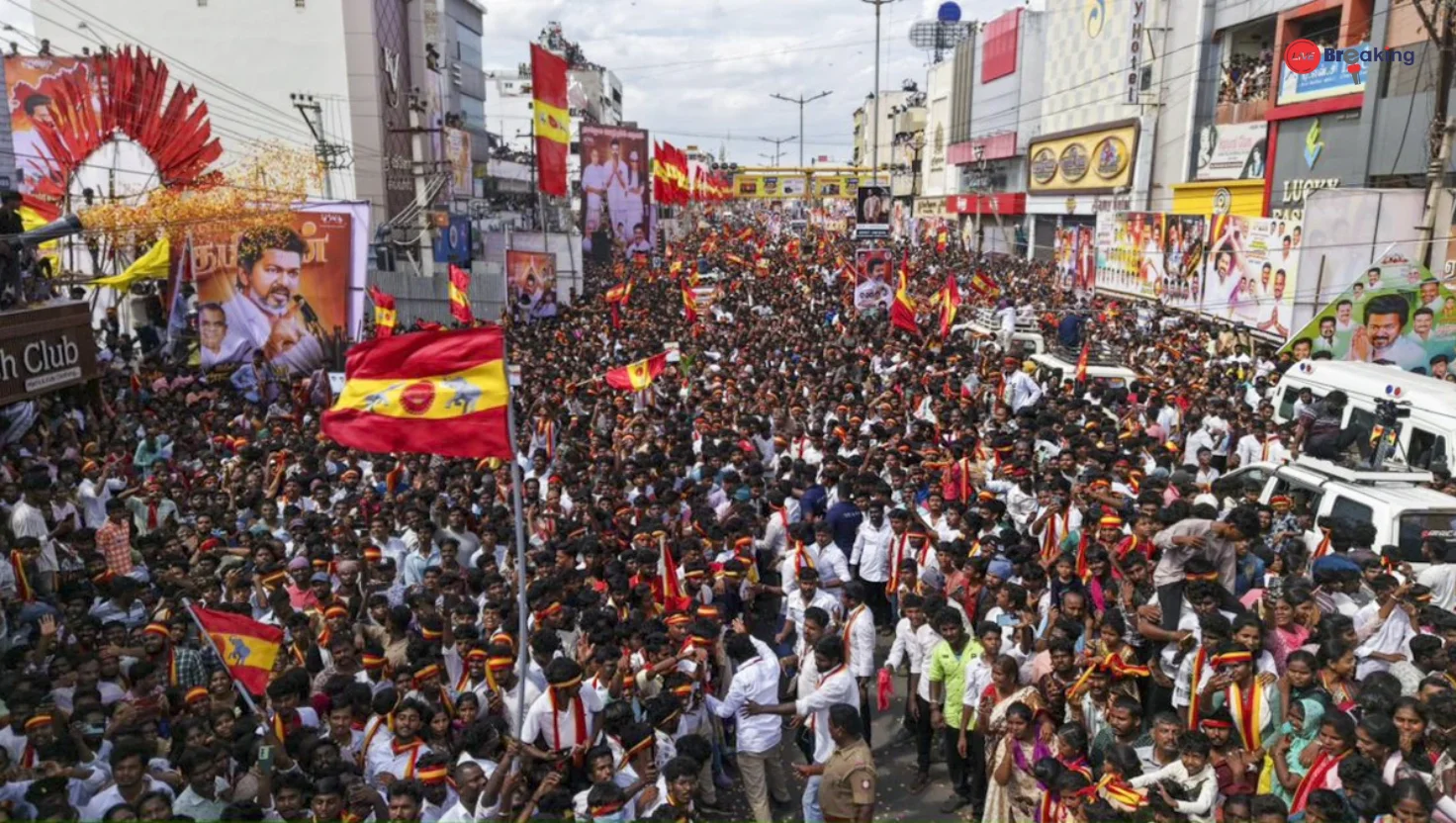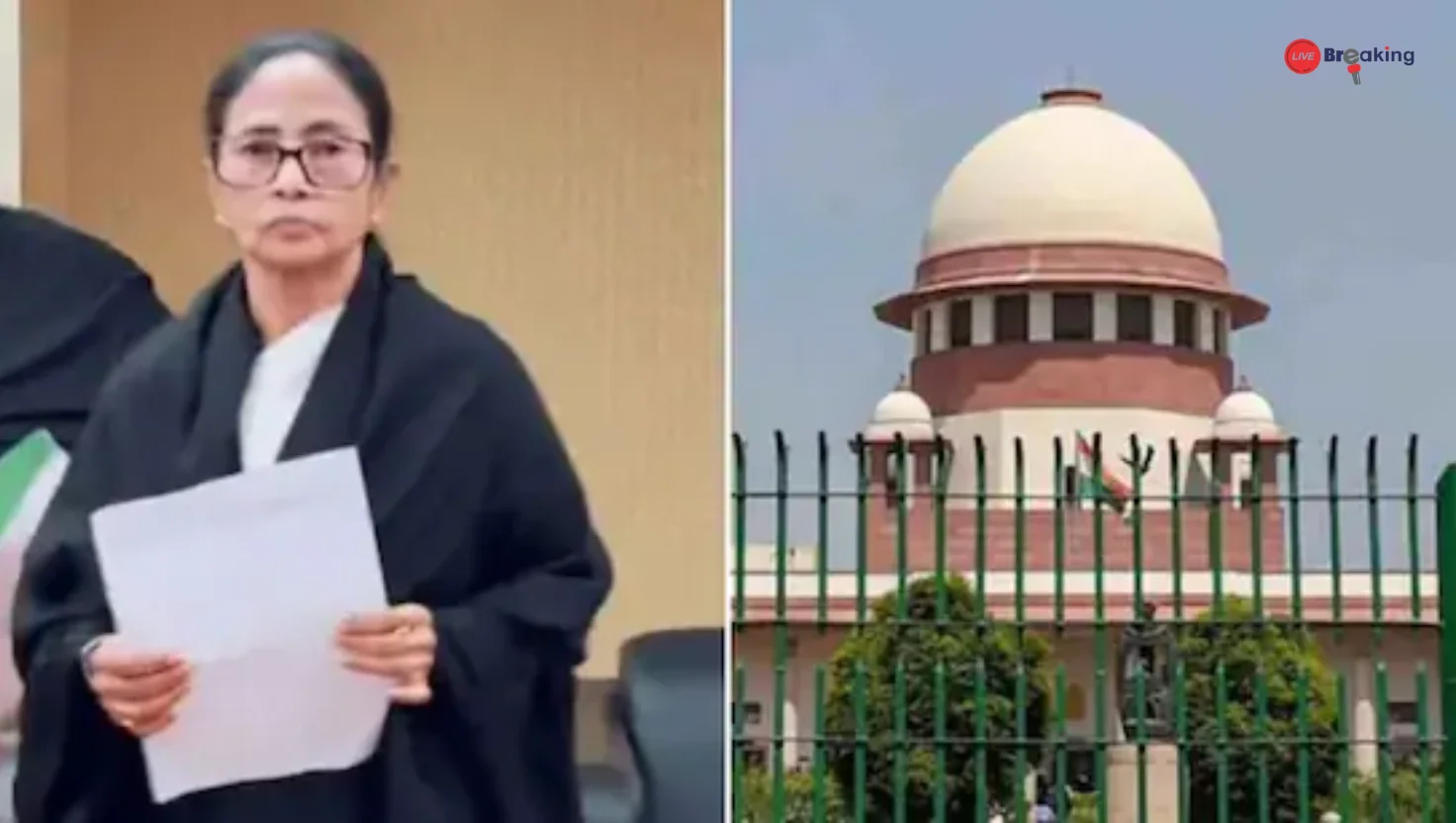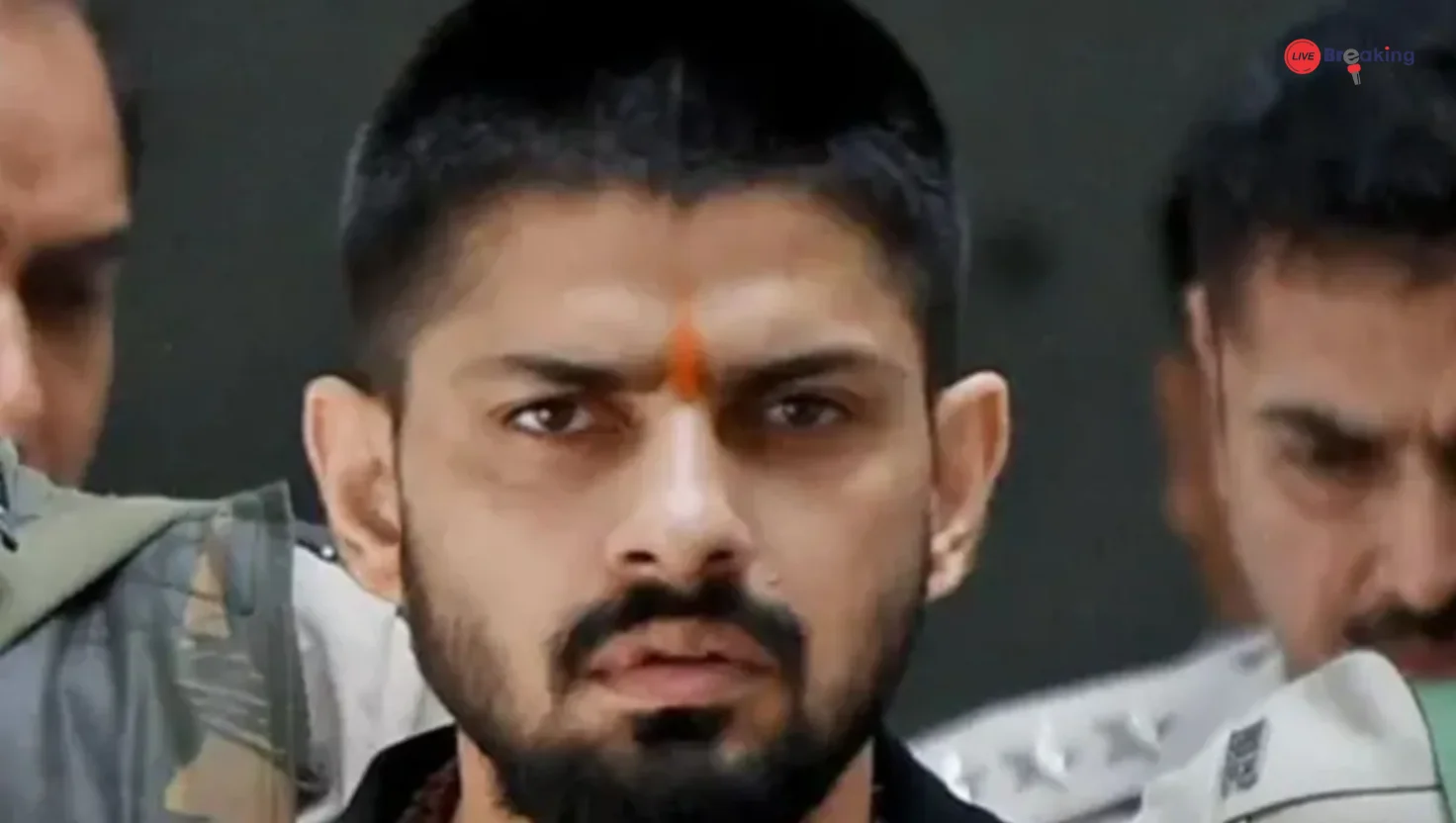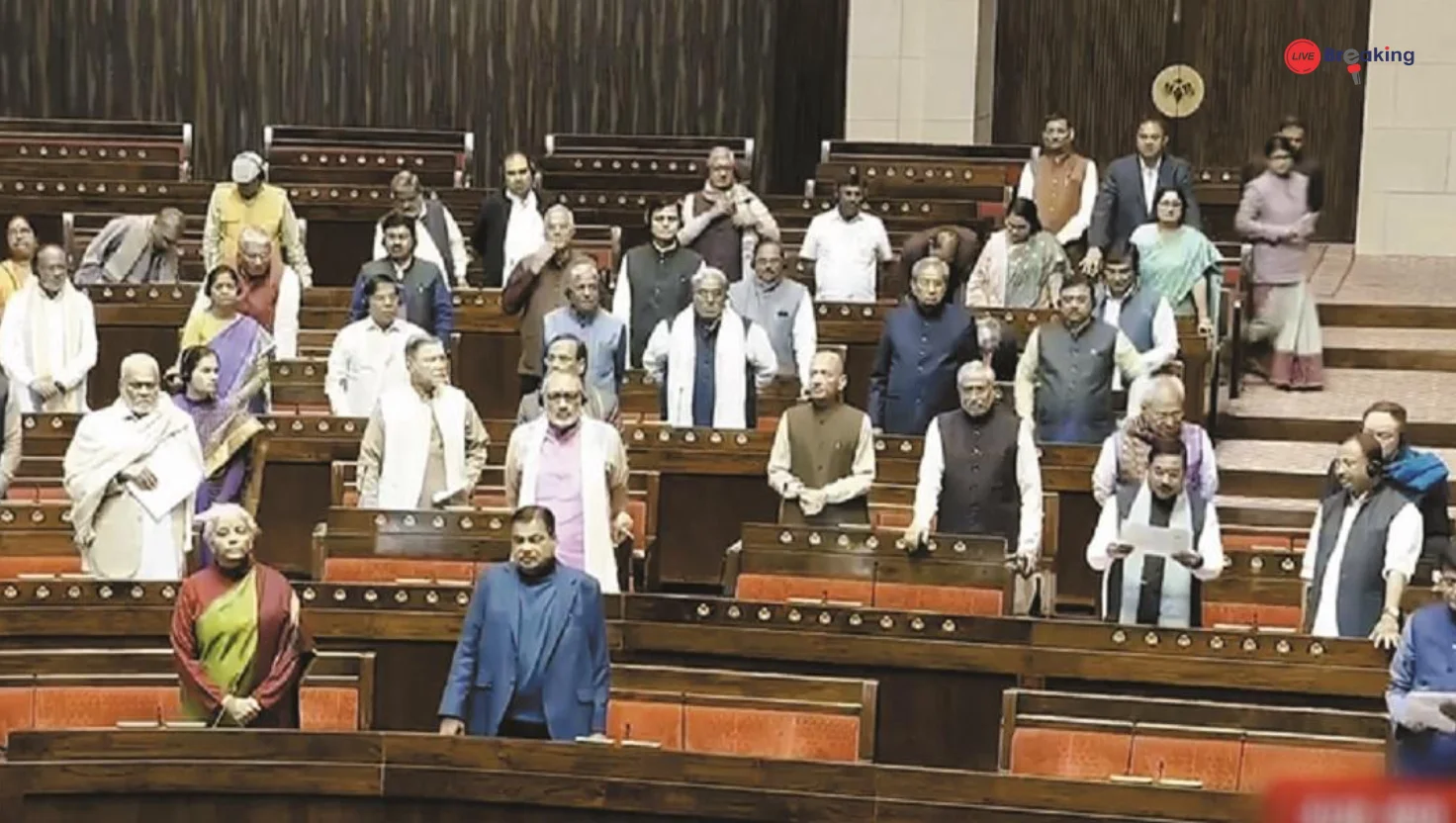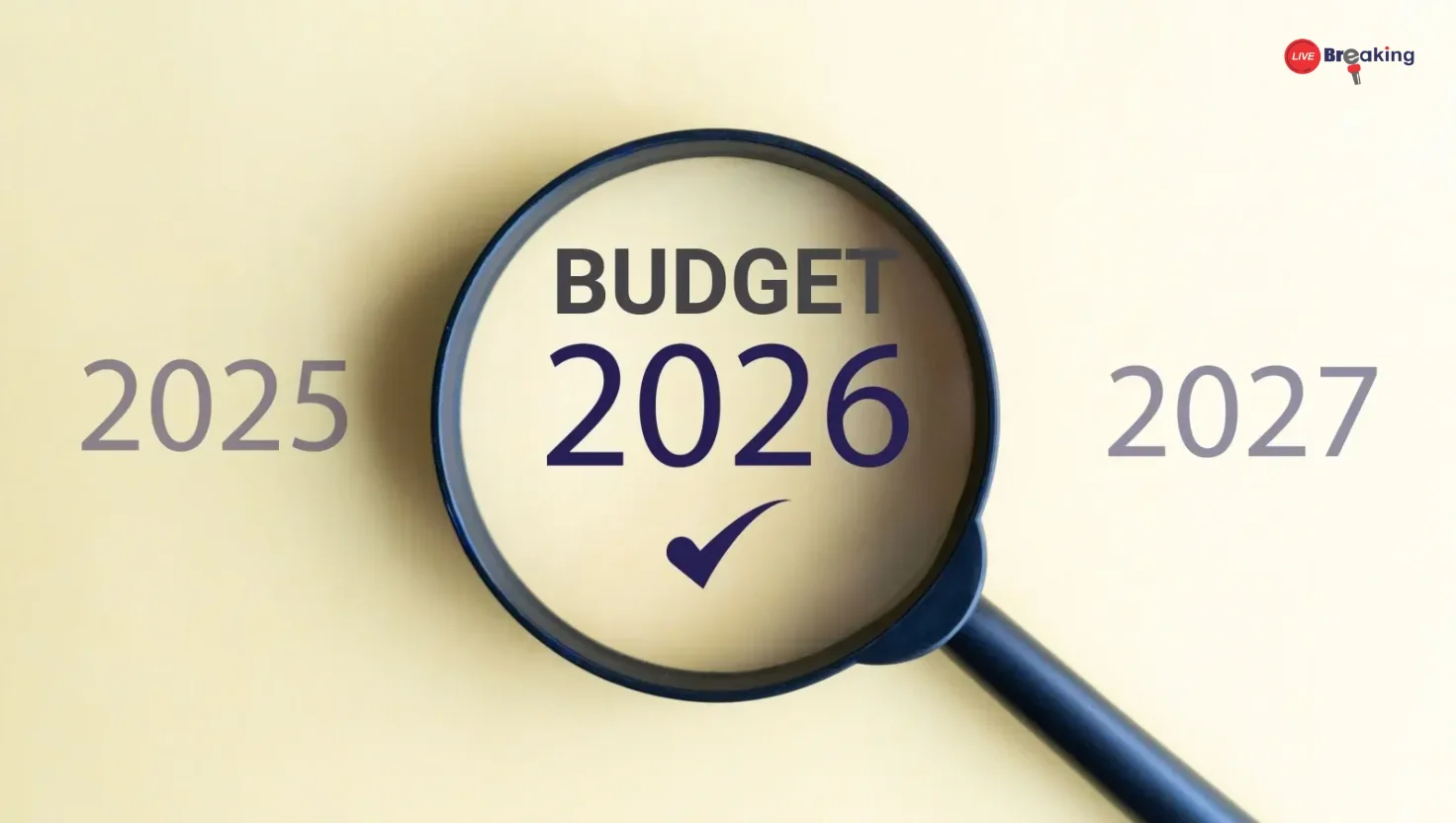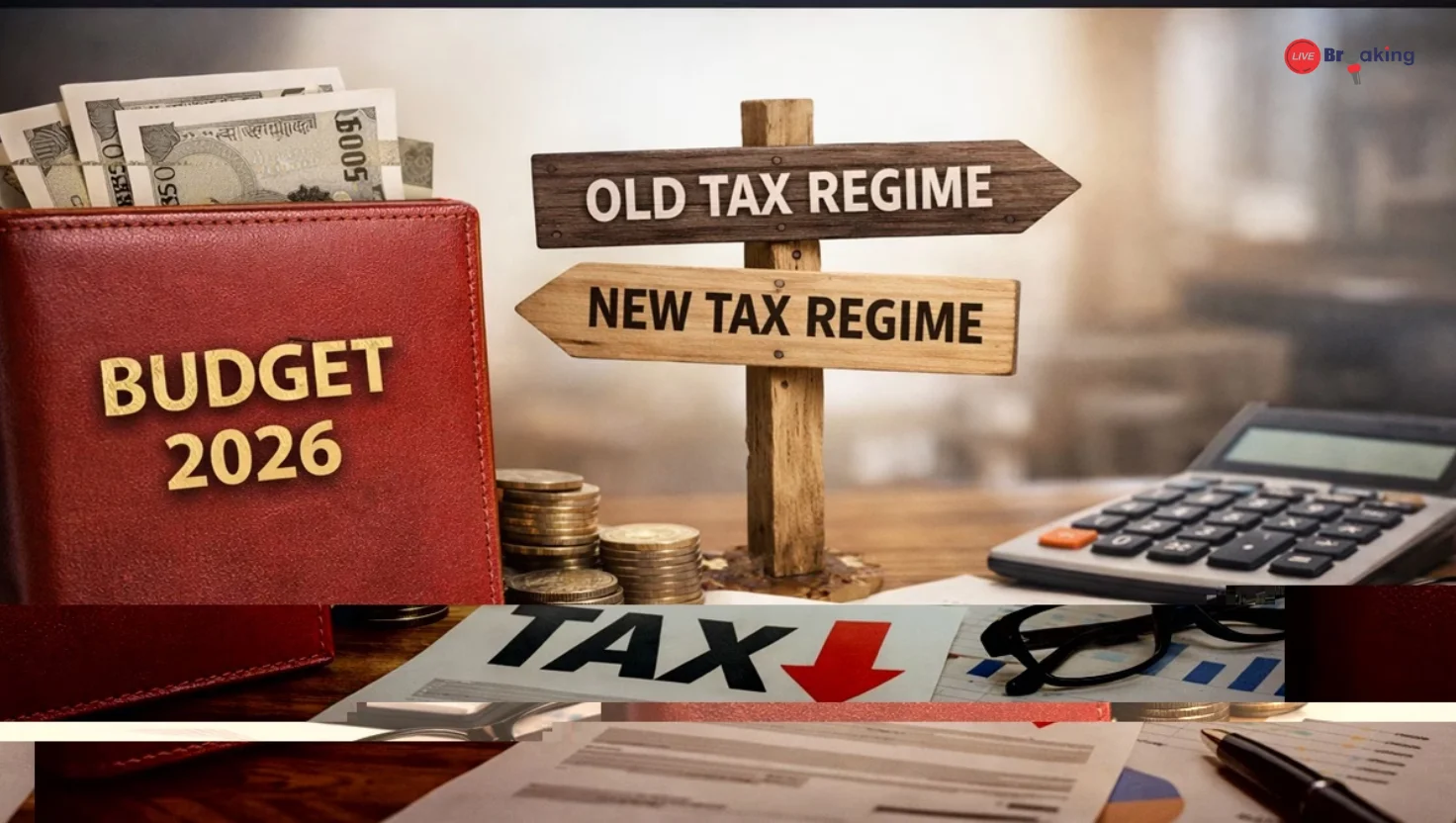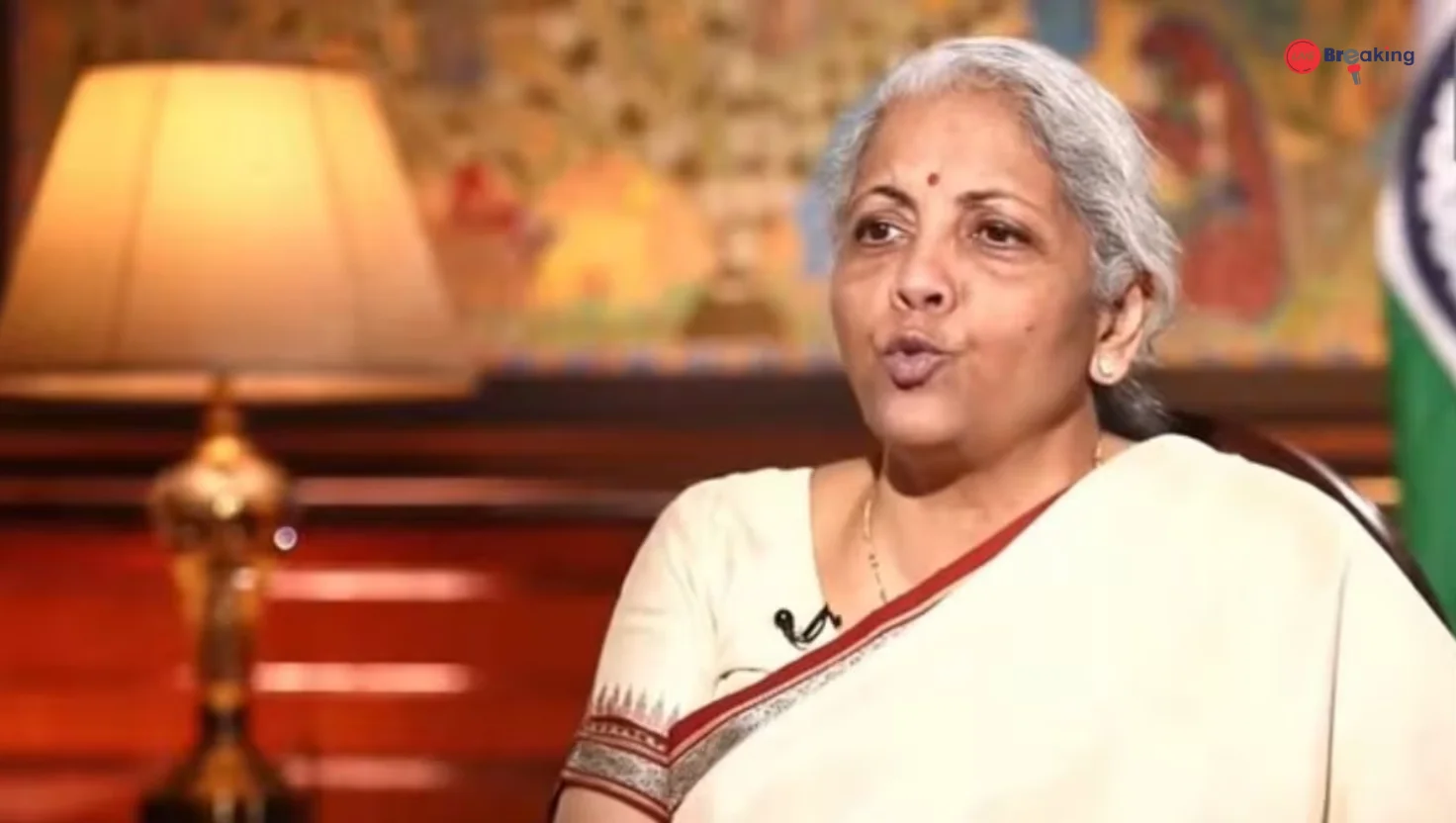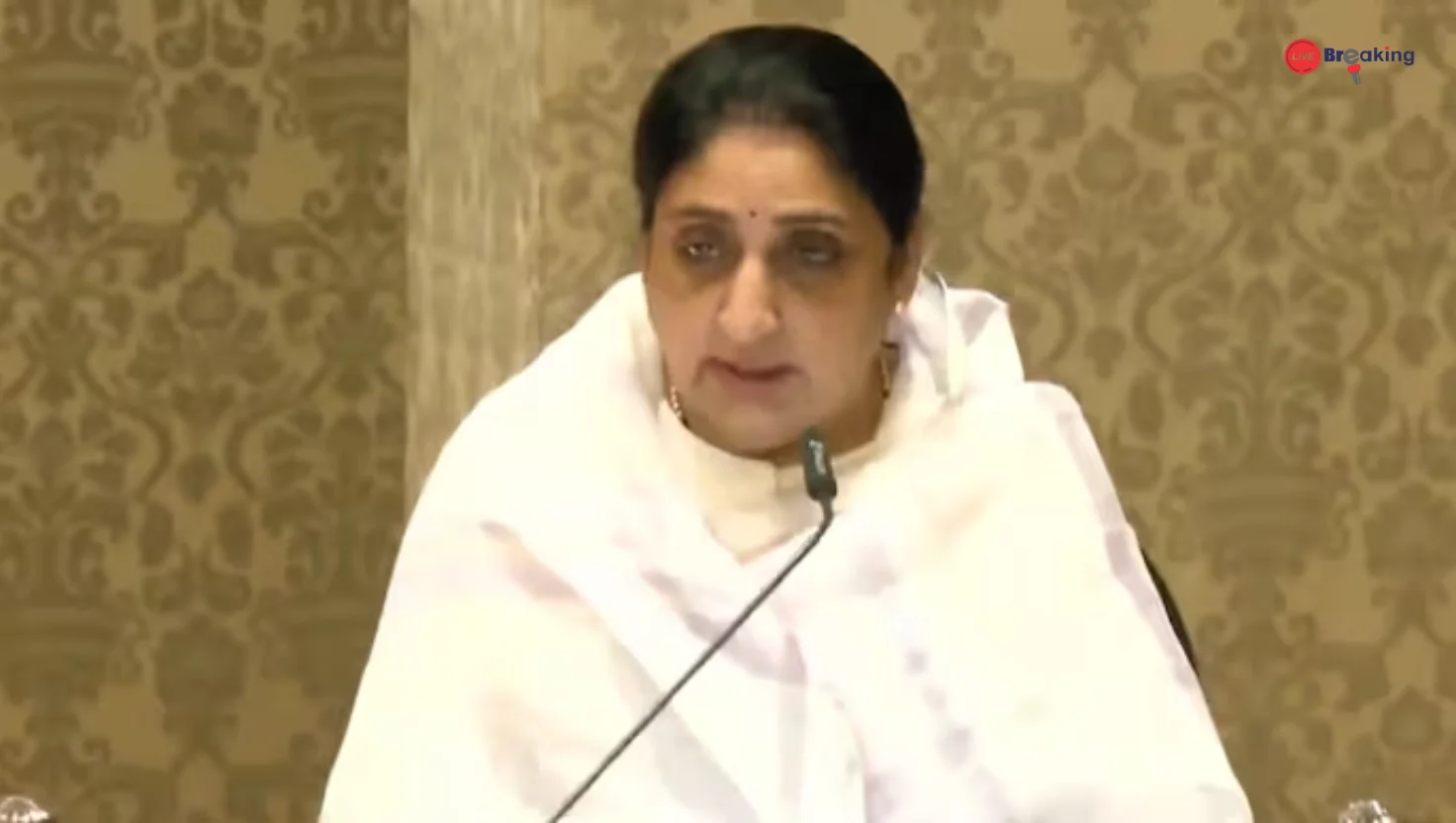No CBI Inquiry Into Vijay Rally Stampede, Rules High Court
The High Court has declined a plea demanding a Central Bureau of Investigation (CBI) inquiry into the stampede that occurred during actor-turned-politician Vijay’s recent rally, citing that courts must not be converted into platforms for political battles. The tragedy, which claimed multiple lives and left several injured, has stirred intense debate, with various groups questioning administrative preparedness and political motives. However, the judiciary has maintained that investigations cannot be shifted to the CBI solely on political demand without adequate legal grounds.
The Incident and Public Outcry
The rally, held in a densely packed venue, turned chaotic when uncontrolled crowds rushed towards the stage to catch a glimpse of Vijay. The sudden surge led to a stampede, resulting in fatalities and critical injuries. Families of the victims and opposition parties were quick to demand a CBI inquiry, arguing that only an independent probe could bring out the truth. The ruling government, however, insisted that the state police was fully capable of investigating the incident. This clash of narratives soon found its way into the courtroom.
Petition for CBI Inquiry
Petitioners argued that the state machinery could not conduct an impartial investigation due to the political significance of the rally. They highlighted alleged lapses in security arrangements, negligence by local authorities, and possible cover-ups that might shield those responsible. According to them, a neutral probe by the CBI was the only way to ensure accountability.
The plea, however, faced tough questioning from the bench. The judges repeatedly asked whether there was any evidence that the state police was either compromised or incapable of handling the probe. The court emphasized that dissatisfaction alone, or political mistrust, cannot be used as a justification to involve the central agency.
Court’s Observations
In its ruling, the High Court underscored that law and order remains primarily a state subject, and transferring every sensitive case to the CBI would undermine the authority of local institutions. The judges stressed that courts cannot allow themselves to be drawn into the whirlpool of political rivalry, especially when emotions are running high in the public arena.
Read more: India Warns Pakistan: Avoid Aggression Over Sir Creek Dispute
The bench noted: “This court is not a political arena where rival factions battle over jurisdiction and control. Unless there is material to suggest bias, manipulation, or deliberate obstruction of justice, the investigation will remain with the state police.”
Responsibility of State Authorities
While dismissing the plea, the court also directed the state police to conduct the investigation with utmost transparency and speed. It urged officials to keep the public informed about developments in the case and ensure that the victims’ families receive due support and compensation. The court emphasized that accountability must not be diluted and that negligence, if proven, should be dealt with firmly.
Political Reactions
The ruling has sparked strong reactions across the political spectrum. Opposition leaders criticized the decision, claiming it would weaken public faith in the probe. They maintained that only an external agency could bring impartiality to such a sensitive case. On the other hand, the ruling party welcomed the court’s stance, saying it validated the competence of state institutions and prevented unnecessary politicization.
Meanwhile, Vijay’s supporters expressed disappointment, as many had expected a CBI probe to clear doubts over the mishandling of the rally. Civil rights activists, however, called for restraint, pointing out that politicizing judicial matters could erode institutional credibility.
Balancing Justice and Politics
The tragedy has once again brought to light the thin line between justice and politics in India’s highly charged public sphere. Courts are often pressured to step into disputes where political and administrative narratives collide. In this case, the judiciary has taken a firm stand, reiterating that unless there is compelling evidence of bias, the state police must be trusted to carry out its duty.
Read more: US Firms To Consider Shifting Work To India As Trump Hikes H-1B Visa Fee
The verdict also underscores the judiciary’s reluctance to allow its forum to become a substitute for political debates. While the stampede remains a painful reminder of administrative failures, the court has reminded all stakeholders that solutions must emerge from strengthening institutions rather than bypassing them for political convenience.
Conclusion
The High Court’s refusal to transfer the Vijay rally stampede probe to the CBI is not just a legal decision but also a statement on the role of courts in a democracy. By emphasizing that “courts are not political arenas,” the bench has sought to draw a boundary between legal adjudication and political maneuvering. For now, the focus returns to the state police, whose credibility will be measured by how effectively and transparently it delivers justice to the victims of this tragic incident.

